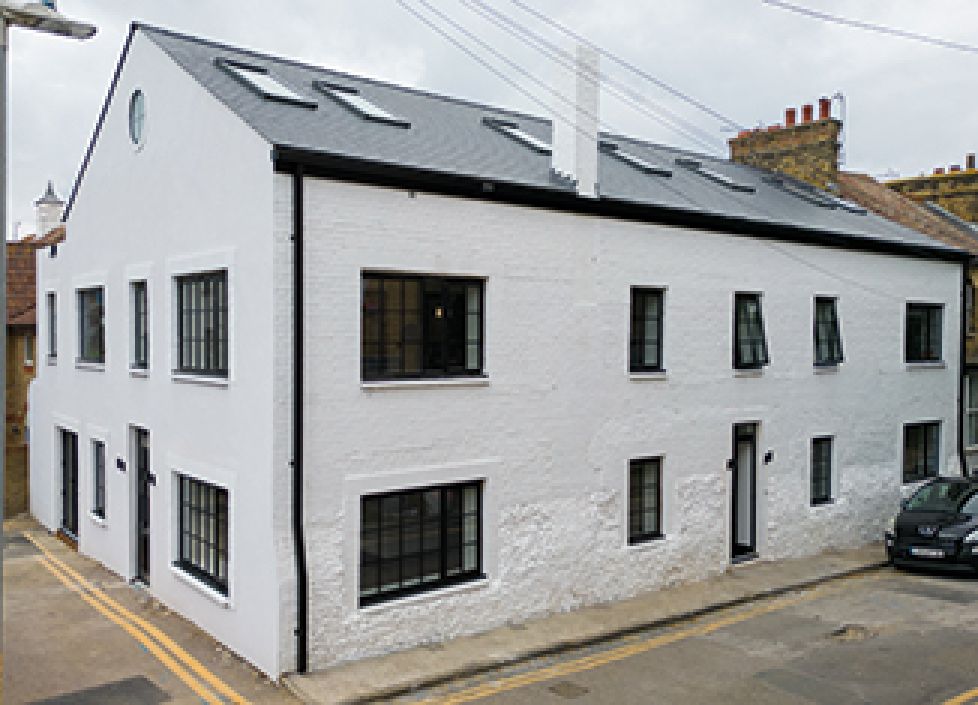Local councils will no longer be able to licence landlords across a whole borough or city as Brandon Lewis, the Minister of State for Housing and Planning, has announced reforms of Selective Licensing which will restrict local councils' decision-making powers.
This government announcement follows the news first reported here in PIN magazine that the Minister had stated at the recent BPF Conference in February that a clampdown on councils implementing licensing was being considered.
The changes are to come into force on 1 April 2015.
Since 2010, local councils have had the power to licence landlords across an entire borough or jurisdiction in order to combat issues such as anti-social behaviour in so-called ‘hotspot areas’. There has has been a sharp increase in the number of schemes being introduced which has caused widespread concern and anger in the landlord community.
Brandon Lewis had stated at the BPF Conference that "some councils are using these schemes as a money making exercise and this is unfair".
The policy changes will mean that local councils will now require government approval before implementing a licensing scheme if they plan to license a large area or proportion of the market – likely to be above 20% of either the geographical area covered by the council or the local private rented sector (PRS).
The news follows extensive lobbying in recent years by the main landlord associations and Richard Lambert, Chief Executive Officer at the National Landlord Association (NLA) said: “We’ve argued solidly since 2010 that councils have been abusing their power to push through blanket licensing schemes. Today’s announcement means that if a council intends to licence a large proportion of its housing it will first need to show the case stands up to independent scrutiny.
“The Government was the first to see a copy of our licensing report, and we’re delighted they have listened to our case because at present the driving force behind licensing landlords seems to be the political will of a given local council, regardless of the evidence.
“Many local councils won’t like this decision one bit because until now they’ve been their own judges, and the only way for landlords to challenge them has been through the difficult and complex route of judicial review.
“Landlords are getting fed up with being unfairly targeted and made responsible for problems such as anti-social behaviour when in reality they have little effective control over the issue, except by eviction. Hopefully this now means that councils who are serious about tackling poor property standards and anti-social behaviour will first look to the extensive existing legal powers they already have to combat the issues”.
Currently blanket or borough-wide licensing schemes are being proposed by eight local councils across England, including five in London: Hackney, Islington, Croydon, Enfield and Redbridge.
A judicial review in the High Court in January overturned Enfield Council's plans for borough wide licensing and since then a number of councils have been reviewing their potential licensing proposals.
The monthly magazine providing news analysis and professional research for the discerning private
investor/landlord



















